When would I get a Gastric Emptying Study?
A gastric emptying study often is used when there is a suspicion that there is an abnormally delayed emptying of food from the stomach. Delayed emptying often results in abdominal discomfort after meals, including possible nausea and vomiting. The two most common causes of delayed gastric emptying are gastric outlet obstruction and gastroparesis.
Gastric outlet obstruction is when the narrow channel leading from the stomach into the small intestine, through which food passes, is physically blocked As a result, food enters the first part of the small intestine slowly or perhaps not at all.
The most common causes of gastric outlet obstruction are scarring or inflammation of this narrow channel from peptic ulcers, cancers of the stomach, pancreas or duodenum.
If gastric outlet obstruction has been excluded, a gastric emptying study may be recommended to diagnose gastroparesis. Gastroparesis is a condition in which there is delayed gastric emptying that is not caused by obstruction.
It may be due to abnormal function of the muscles of the stomach. Normal function of the stomach muscles is necessary in order to propel food from the stomach and into the small intestine. If the muscles or the nerves that control the muscles are not working normally, food remains in the stomach. Gastroparesis is commonly caused by diseases and medications.
What Will I Experience?
Before the scan, you will eat something solid and drink something liquid in which either or both contain a small amount of tasteless radioactive material. The radioactive substance allows the camera to follow the food through the digestive process.
Then you will lie on a table while the gamma camera captures test images. Over the course of three to five hours, the camera will take four to six scans lasting about a minute each.
The radiopharmaceutical you receive for the study is eliminated from your body through the urine. For that reason, you should drink plenty of fluids and urinate frequently after completion of the test. How much fluid will depend on each individual, but you should be well hydrated.
For an adult this could be three to four glasses of water.
Your urine will not change color. Your urine will contain the radioactive material, so it is recommended that you thoroughly wash your hands after going to the bathroom.


